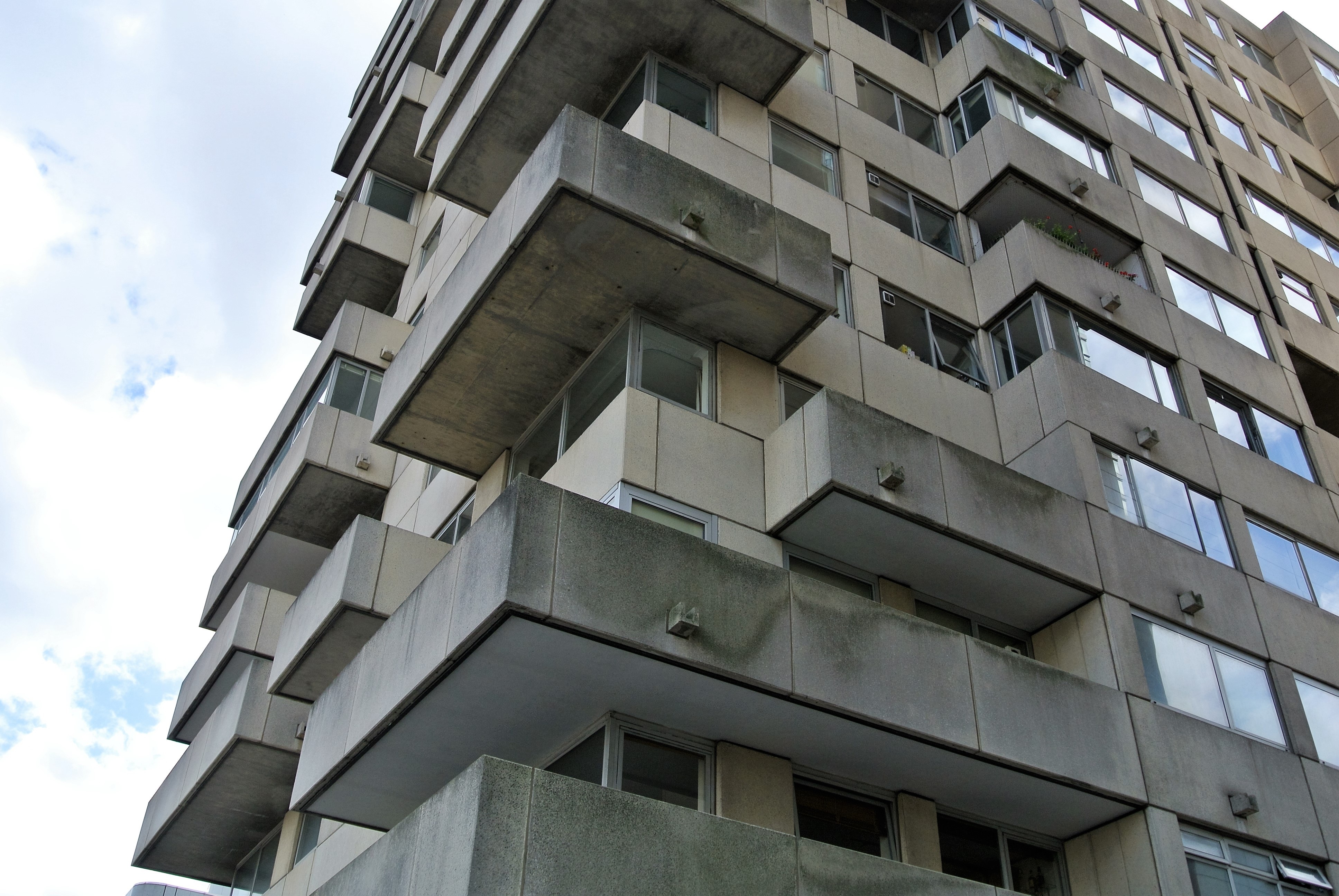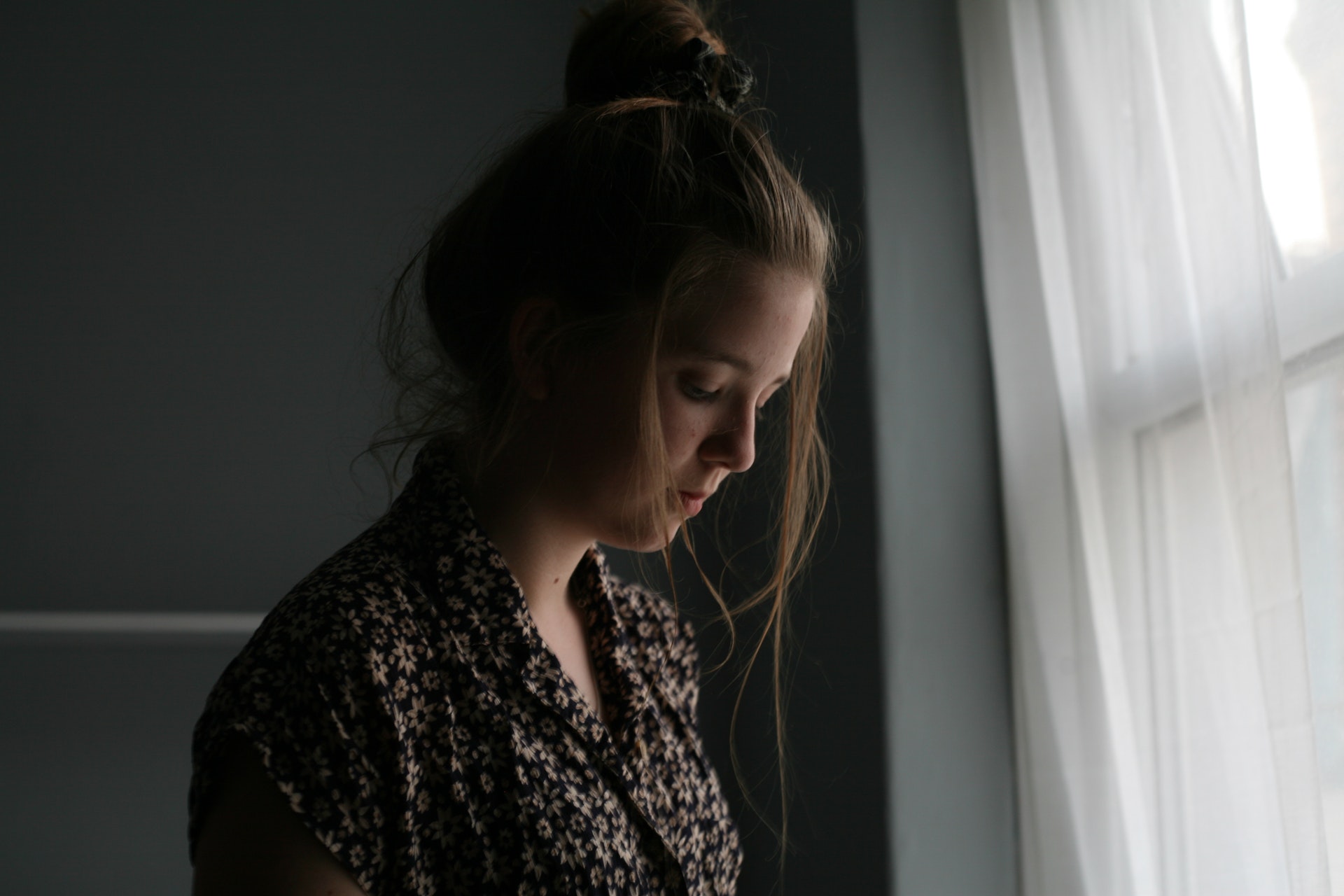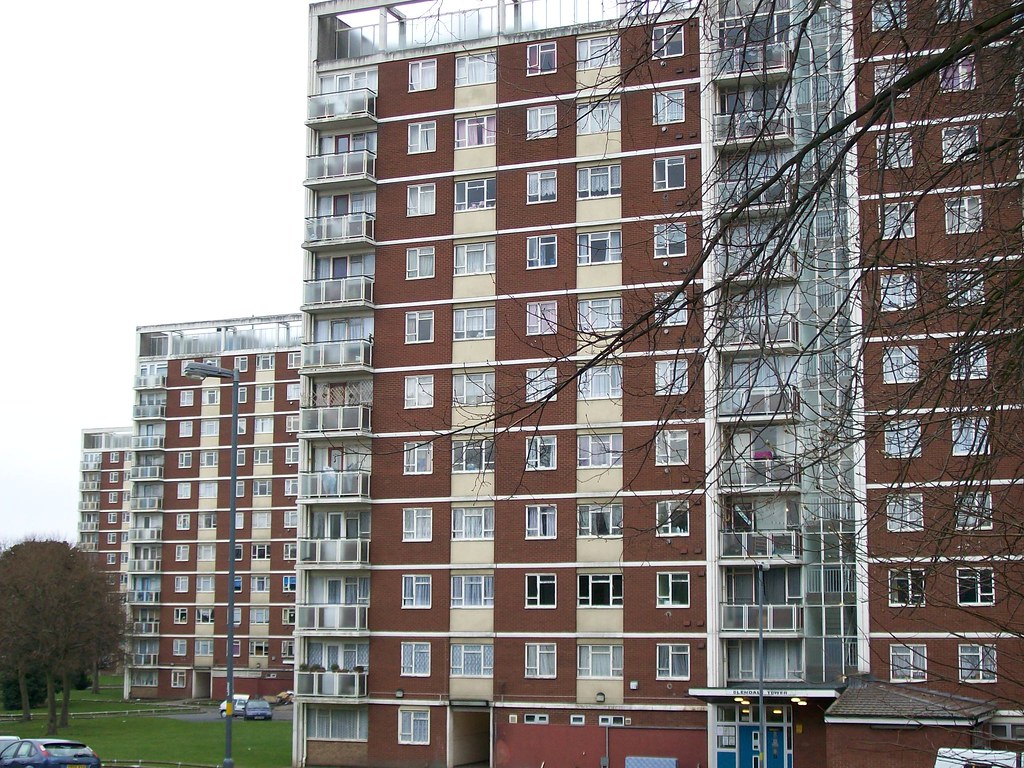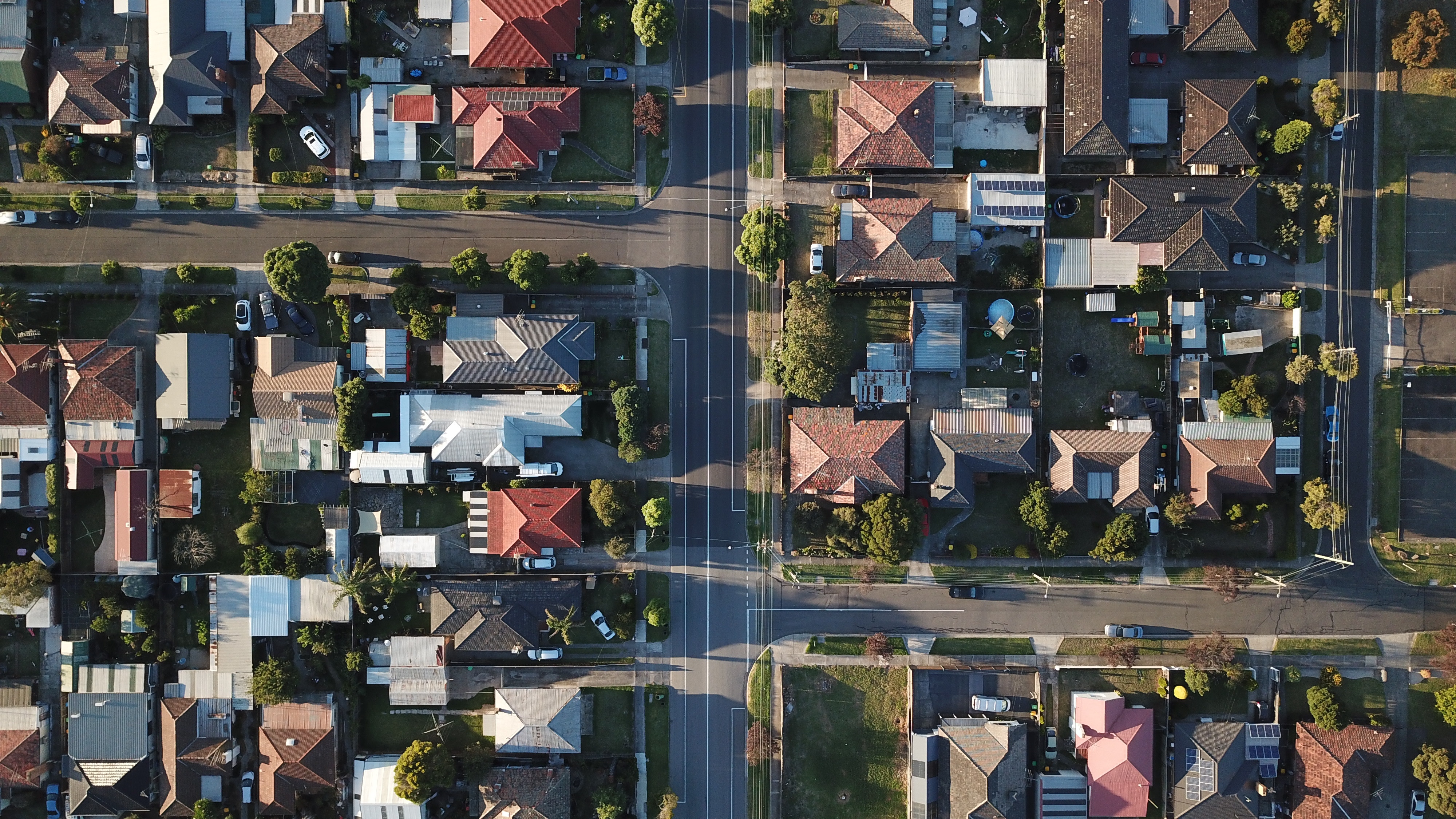Residents have spoken out about the enormous emotional and financial toll of living in a block of flats wrapped in the same combustible cladding that made the Grenfell Tower fire so deadly.
Of 196 leaseholders who responded to a snapshot survey, 127 said their mental health had been “hugely affected” as a direct result of living in fear of a fire and 65 had sought medical help. Almost all the respondents – nearly 90% – said their mental health was worse now than before Grenfell, while 92% said they had money worries.
“I worry about to it daily and now am in counselling because of stress and anxiety,” one resident told UK Cladding Action Group (UKCAG), who conduced the survey. “I wake up every night worrying about everything.”
In June 2017, 72 people died after a faulty fridge-freezer caught alight on the fourth floor of Grenfell Tower in west London. The cladding wrapped around the building quickly caught alight, engulfing the tower block in flames and trapping many people in their homes.
More than a year after the tragedy, the government finally banned the cladding in new builds and said it should be removed from blocks where it was already in place, yet nearly two years on tens of thousands of people still live in 166 privately-owned tower blocks with unsafe cladding.
Perhaps the most concerning finding among respondents was that 17 people had experienced suicidal thoughts or feelings of self harm because of the situation.
Many spoke of turning to alcohol (75 people), smoking (21) or taking illegal drugs (7) to deal with the daily stress and most people (119) described a “feeling of hopelessness”.
Leaseholders Forced To Pay

Image Credit: Pxhere
While the government provided money for remedial work on social housing blocks, there is no funding to remove unsafe cladding from private buildings.
Although the government has advised that the cost of removing the cladding should not be passed on to leaseholders, it is neither enforcing this nor offering to front the cost itself, leaving 85% of respondents saying they feel unsupported.
“Despite being informed that the financial burden will be removed, we’re all still living in a building coated in flammable cladding,” one person said. “I don’t feel like I will be truly at rest again until this has all been removed…It shouldn’t feel this way.”
The majority of freeholders and developers have denied responsibility for making the buildings safe and, in many cases, have sent bills requesting that leaseholders pay thousands of pounds to replace the cladding or to put in place interim solutions.
Most leaseholders are young – 63% of survey respondents were aged between 25 and 44, with 37% aged 25- 34– and many are first time buyers without substantial savings or large incomes, leaving them essentially trapped in their unsafe homes.
UKCAG said many leaseholders are already paying for the cost of waking watches, legal fees and interim remedial works. They simply cannot afford to do more; in 71 of the 166 buildings there are currently no plans in place for replacement works.
Despite the enormous financial and emotional strain placed on residents, UKCAG said there appears to be “no end in sight” at present, unless the government steps in, offering a fund to cover costs or forcing developers to pick up the bill.
Some residents said they fear it will take another fire, this time in a private block, to force the government to act.
“I genuinely believe nothing will be done until we have a second tragedy in a private block,” one person told researchers. “Hopefully that won’t be my block when I’m in it,” they added, “but who knows – it is a constant fear.”
They added that if they could sell their flat even at a small loss they would do so, but until the cladding is replaced no one will buy it.
I genuinely believe nothing will be done until we have a second tragedy in a private block
UKCAG Survey Respondent
“In the meantime I live in danger – unable to progress any of my life aspirations,” they said, adding that the government’s hypocrisy on the issue was particular hard to stomach.
“I’d rather government say nothing further about it and ignore it than continue saying they will protect leaseholders when they clearly aren’t and won’t,” they said.
They added:
I feel constantly stressed, anxious, depressed, lost, abandoned and devastated by something that cannot be my responsibility. I paid thousands of pounds for surveys to ensure the building was safe to live in – as everyone is forced to when buying a property – and yet that was all a complete waste of time and money.
UKCAG Survey Respondent
Another resident said the developers should pay.
“If you buy a product, or in this case a flat, it’s expected to be right,” they said. “We didn’t design the block of flats, nor did we select dangerous and flammable cheap materials so the house builder could make a larger margin on their profit. They designed it, they are responsible for these extras charges – not their clients.”
Is This A Breach Of Human Rights Legislation?
Image Credit: Tom Rumble/Unsplash
In August 2018, the UK’s human rights watchdog said the government’s failure to adequately respond to the Grenfell tragedy may breach human rights legislation.
The Equality and Human Rights Commission (EHRC) wrote to the Department of Housing, Communities and Local Government to highlight that the continued use of combustible cladding could mean the government was not in line with Article 2 (the right to life) of the Human Rights Convention – which was incorporated into UK law through the Human Rights Act 1998.
The EHRC also raised concerns about leaseholders being asked to pay for the costs of removing and replacing cladding in public housing. In October 2018, the government finally banned the cladding – but no provisions were made for its removal from existing private blocks.
In March 2019, the EHRC issued a report stating that local authorities and public services breached their human rights obligations to protect life and provide safe housing to Grenfell residents before the fire started on 14 June 2017.
Lives on hold

Image Credit: Tess Emily Seymour/Pexels
“My partner and I need to sell our property to buy a bigger place because I am pregnant and expecting our first child in 1 month,” one women told researchers. “However, we have been unable to do this due to the cladding. This has caused immense amounts of anxiety and stress,” she continued, adding that the couple have had to put their wedding plans on hold.
In total, 160 respondents said they were stressed – 129 to the extent that they were having trouble sleeping.
Some respondents said the situation had made them physically ill, with 55 people diagnosed with new conditions – including migraines, heart disease, gastrointestinal problems and skin conditions – since the Grenfell fire. Another 72 people said the situation had exacerbated an existing medical condition, such as high blood pressure, depression or chronic pain.
The situation has put relationships under enormous strain, with 77% of respondents saying it had impacted their relationship in one way or another. While several said their relationships had broken down completely as a result of the situation, 11 people said they had been forced to remain with someone they didn’t want to be with anymore because they were unable to sell their shared property.
One person said their long term partner had left them and moved out. “The constant stress and worry has destroyed the relationship,” he said. “She could not handle living in a building that could kill us.”
A sense of having had to put the rest of their life on hold was common to many respondents, with 113 saying they had indefinitely postponed going on holiday or making purchases, 49 saying they had put off starting a family and 55 saying they had been unable to move for a new job or promotion.
The constant stress and worry has destroyed the relationship,” he said. “She could not handle living in a building that could kill us.
UKCAG Survey Respondent
“The financial stress and feeling unsafe in my own home is taking a huge toll on our lives,” one person said. “We want to move so we can start a family but are unable to as the flat is not sellable, and we can’t raise a family in such a flammable building.”
A UKCAG spokeswoman told RightsInfo the situation is “nothing short of a mental health crisis”.








